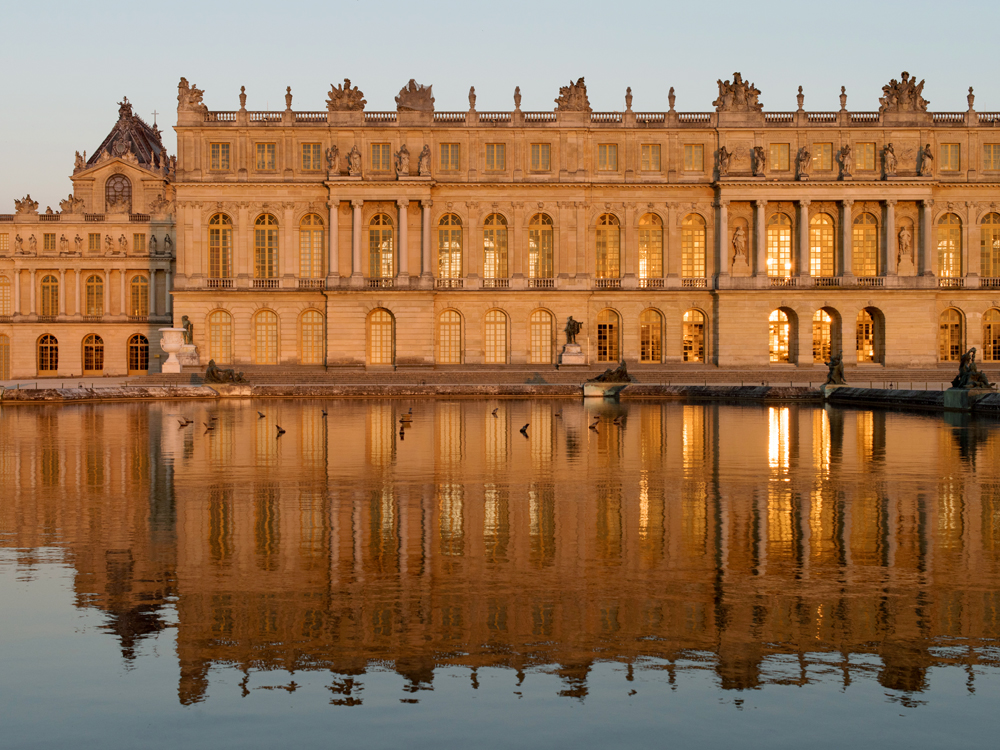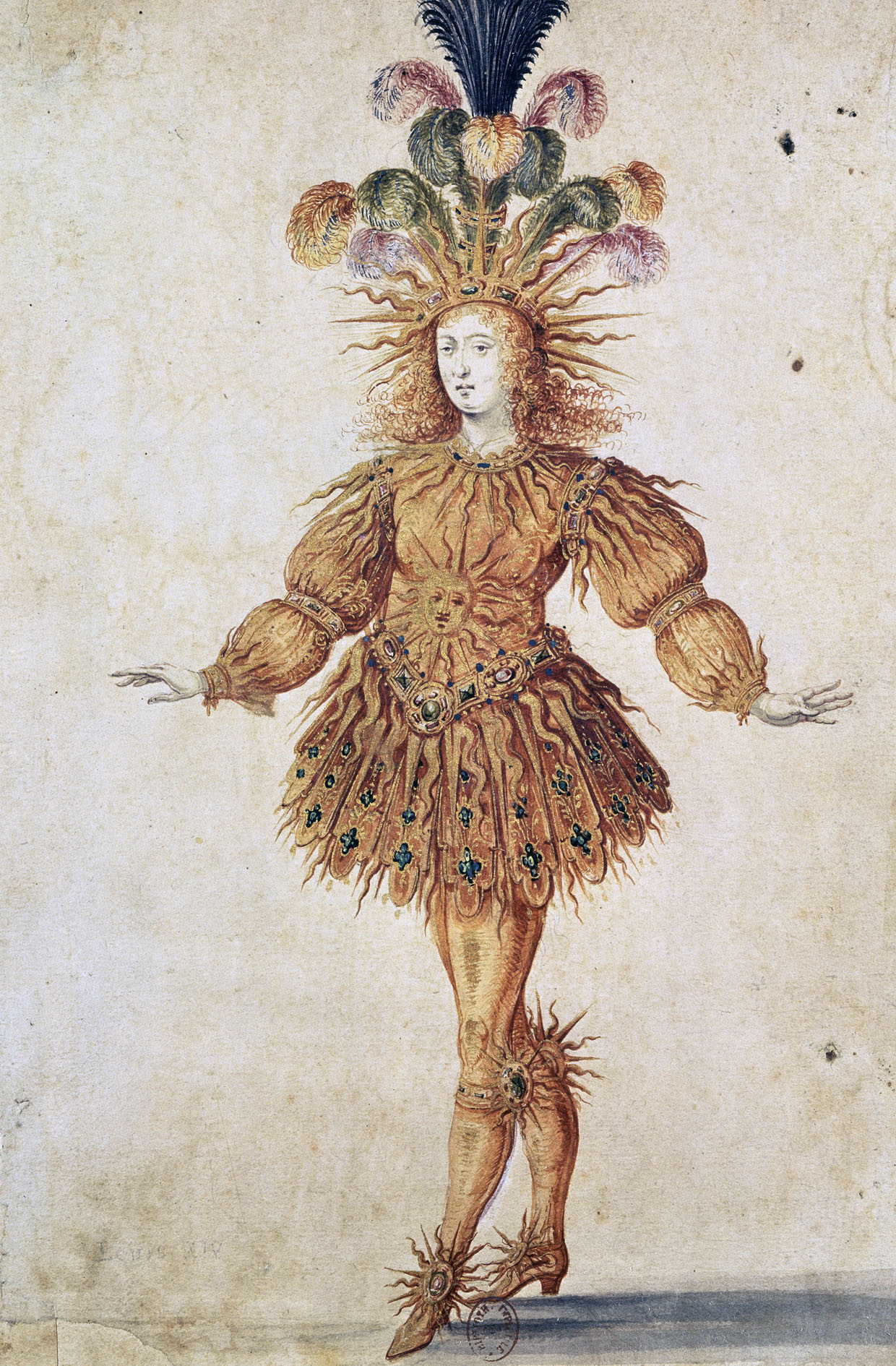States, Empires and the Performance of Power
SEMINAR OVERVIEW:
This week offers an introduction to, and survey of, the theme of power, both in terms of the variety of types of structure and how authority was constructed. The seminar builds on the lecture to think about the different ways in which power and authority were constructed in the early modern period. We will also examine one form of government, monarchy, to examine how far absolute power was sought, practised and represented.
SEMINAR QUESTIONS:
- How did other states compare and contrast to Louis XIV’s France?
- What are a state’s essential attributes and why did the state strengthen in the early modern period?
PRIMARY SOURCE:
Extract from Louis XIV's MemoirsLink opens in a new window, giving advice on kingship to his son (taken from Mémoires for the instruction of the Dauphin, trans Paul Sonnino (New York,1970).
Questions about the source:
- How did Louis XIV think monarchical power should be constructed? (You might also like to relate this to Images of Louis XIV: see The king's costume as Apollo, and an image of him wearing it You might like to try finding other images of Louis XIV to see how he had himself represented.)
- How far was his authority a cultural construct? Should we distinguish between power and authority?
ESSENTIAL READING:
Butters, Humfrey ‘The Theory and Practice of Politics and Government 1500-1800’ in Beat Kümin (ed.), The European World (3rd ed, 2018), 312-25
RECOMMENDED READING:
Burke, Peter, The Fabrication of Louis XIV (1992), chapter 12 ‘Louis in perspective’, which compares Louis with other rulers. There is a short version of the book’s wider argument in History Today Volume 42 Issue 2 February 1992Link opens in a new window.
Henshall, N., The Myth of Absolutism (1992), scan of ch 2. ‘Louis XIV Reassessed. The book’s overall argument is summarised in History Today 42 (1992)
Elliott, J.H., ‘A Europe of composite monarchies’, P&P 137 (1992) – this article explores how many monarchs ruled over more than one territory and that these were often diverse and dispersed.
Cardim, P., T. Herzog, J. J. Ruiz Ibáñez, G. Sabatini (eds), Polycentric Monarchies: How Did Early Modern Spain & Portugal Achieve & Maintain a Global Hegemony? (2014) (ebook) This pursues this idea further, examining the global impact of such composite or polycentric monarchies.
Hindle, S., and B. Kümin, ‘Centre and Periphery’ in Beat Kümin (ed.), The European World (3rd ed, 2018), 359-67. This explores where power was located in early modern Europe.
Skinner, Q., 'A genealogy of the modern state', Proceedings of the British Academy, 162 (2009), pp. 325–370. This traces the origins of the idea (and term) of a state and explains how the concept changed over time.
FURTHER READING:
Anderson, M.S., The Origins of the Modern European State System 1494-1618 (1998), scan of ch. 2 ‘The Instruments of International Relations: Trade and Finance’
Black, J., Kings, nobles and commoners: States and Societies in Early Modern Europe (2004) (ebook)
Black, J., The Rise of the European Powers 1679-1793 (1990), scan of ch. 4 ‘Practice and Theory in Ancien Regime International Relations’ This examines the clashes between European nations into the eighteenth century.
Bonney, R., The European Dynastic States 1494-1660 (1991), scans of ch. 4 ‘The Struggle for European Hegemony, 1618-1660’ and ‘Conclusion: The European Dynastic States’
Braddick, Michael, State Formation in Early Modern England, 1550-1700 (2000) – ebook
Ellis, S. G., ‘The limits of power: the English crown and the British Isles’ in P. Collinson (ed.), The Sixteenth Century, 1458-1603 (2002)
Miller, J., (ed.), Absolutism in Seventeenth Century Europe (1990)
Fichtner, P. Sutter, The Habsburg Monarchy 1490-1848: Attributes of Empire (2003)
Kennedy, P., The Rise and Fall of the Great Powers: Economic Change and Military Conflict from 1500-2000 (1989), chs. 2 and 3.
Kirshner, J., et al., ‘The Origins of the State in Italy, 1300-1600‘ Journal of Modern History, 67 (1995)
Melton, J. Van Horn, ‘Absolutism and “modernity” in early modern Central Europe’, German Studies Review 8 (1985)
Wilson, P., Absolutism in Central Europe (2000) (ebook)
ELECTRONIC RESOURCES:
French Absolutism - collection of primary sources relating to Louis XIV’s France
The Palace of Versailles - official website relating to palace and park of Versailles, France

BBC Radio 4 Programme ‘Shadow of the Sun King’ Episode 1 and Episode 2

Louis XIV wearing the costume of Apollo as the 'Sun King'
James I’s advice on kingship, in which he says kings are ‘publike persons …set …upon a publike stage, in the sight of all the people’. https://www.bl.uk/collection-items/printed-edition-of-king-james-vi-and-is-basilikon-doron-or-the-kings-gift-1603 Click on ‘view the images to open up pdfs of the original text from this 1603 work.
BBC Radio 4 ‘In Our Time Programme’ ‘The Trial of Charles I’
Portugal in the Seventeenth and Eighteenth Centuries - account from Stanley Payne’s A History of Spain and Portugal
The Revolt of the Netherlands - documents relating to the Reformation and the Revolt of the Low Countries, 1555-1609
Absolutism and the Divine Right of Kings - short overview by historian J. P. Sommerville
Russian absolutism - collection of primary sources relating to Peter the Great’s Russia
BBC Radio 4 ‘In Our Time Programme’ ‘The Building of St Petersburg’
A map of the Habsburg empireLink opens in a new window
There is plenty of primary material on Historical Texts (Anglophone), Bibliothèque Nationale’s digital library Gallica: http://gallica.bnf.fr/
